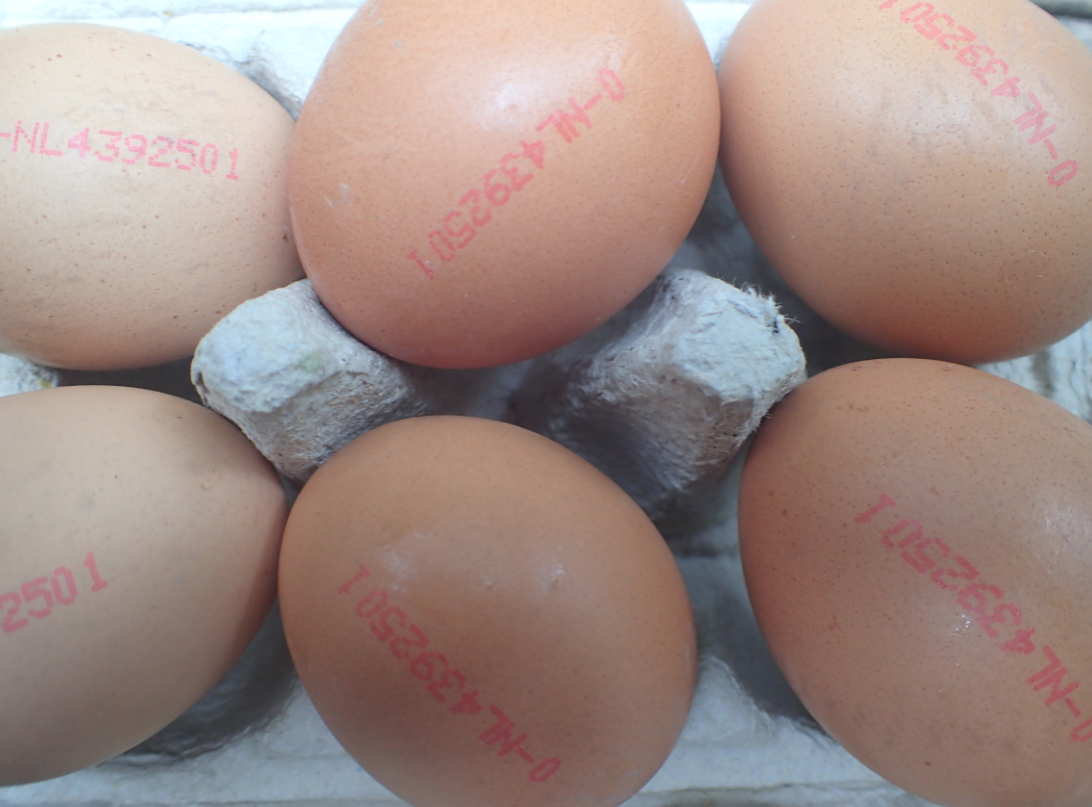Contaminated egg scandal leads to empty supermarket shelves

The contaminated egg scandal in the Netherlands has led to empty shelves in the supermarkets and it will be at least until the end of the week before supplies are back to normal, according to food retail umbrella group CBL.
‘We are busy sorting out deliveries but some consumers will be without their favourite sort of egg for a bit,’ director Rene Roorda told the Telegraaf on Monday.
In total, 20% of Dutch producers have been affected by the scandal, which broke two weeks ago after it emerged a banned pesticide known as fipronil had been found in some Dutch eggs.
Roorda told the paper that the total damage to the food industry in the Netherlands will run into tens of millions of euros. ‘Supermarkets are spending a lot of money on recalling and destroying contaminated eggs,’ Roorda said. Nevertheless, the organisation’s priority is restoring consumer trust in supermarket supplies, Roorda said.
Food producers, however, say there is no need to remove mayonnaise, cakes and other products containing egg from the shelves. If they do contain contaminated egg, the amount will be so small as to pose no risk to health, the Dutch food producers association FNLI says on its website.
Slaughter
Some 300,000 hens from farms where fipronil was found have already been slaughtered and the final total could be as high as one million, one company charged with destroying infected hens told broadcaster NOS.
Although fipronil leaves the hen’s body after five to six weeks, it is not financially worth keeping older hens nearing the end of their laying lives alive.
Animal rights organisations are holding a protest in Drenthe on Monday afternoon about the slaughter of so many chickens ‘for purely financial reasons’, news agency ANP said.
Thank you for donating to DutchNews.nl.
We could not provide the Dutch News service, and keep it free of charge, without the generous support of our readers. Your donations allow us to report on issues you tell us matter, and provide you with a summary of the most important Dutch news each day.
Make a donation